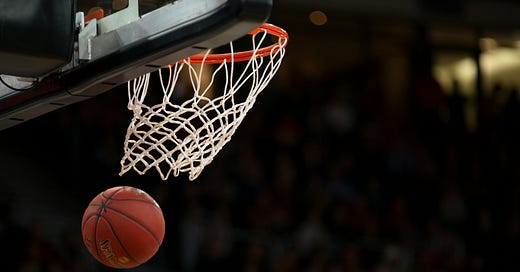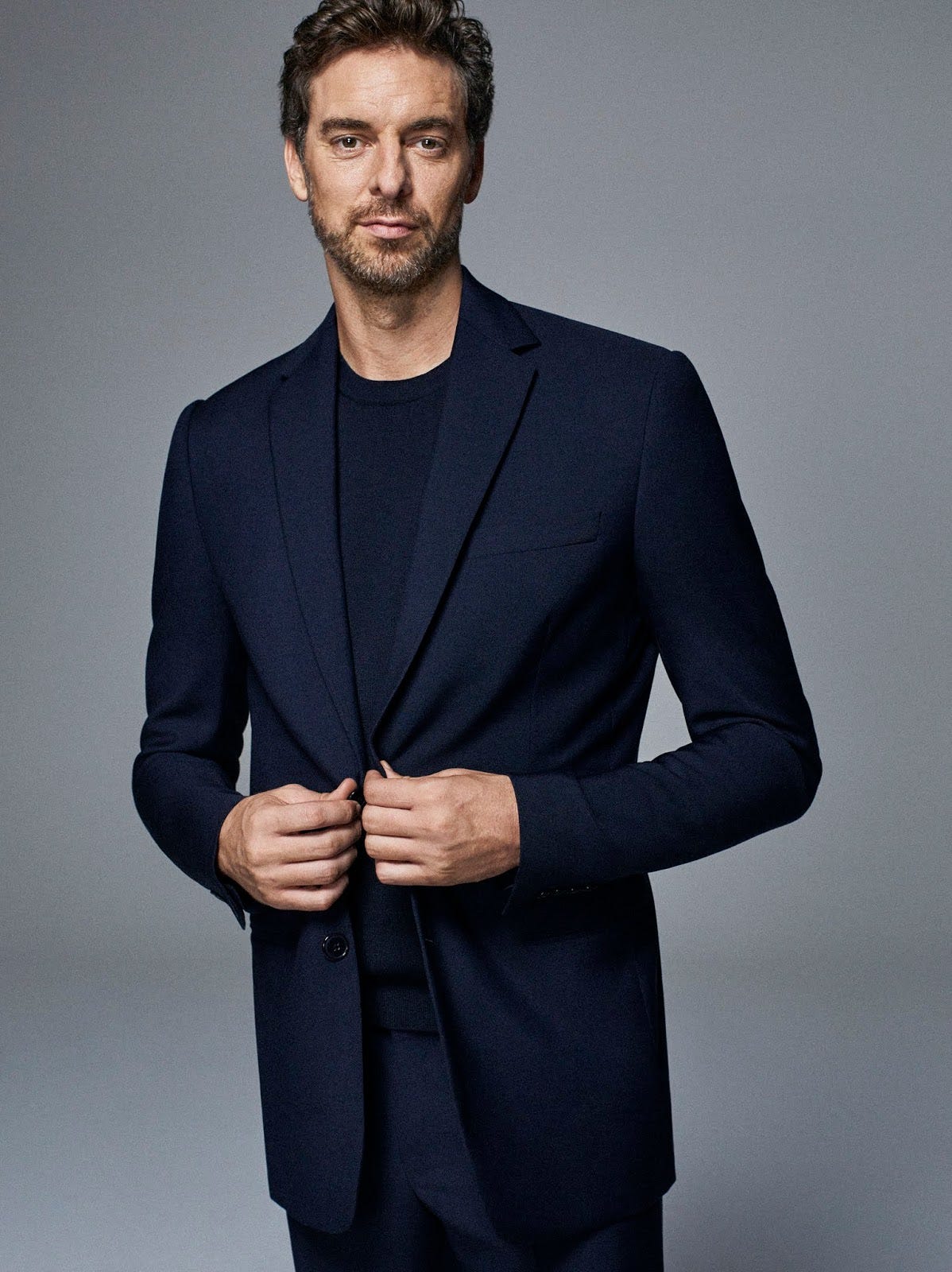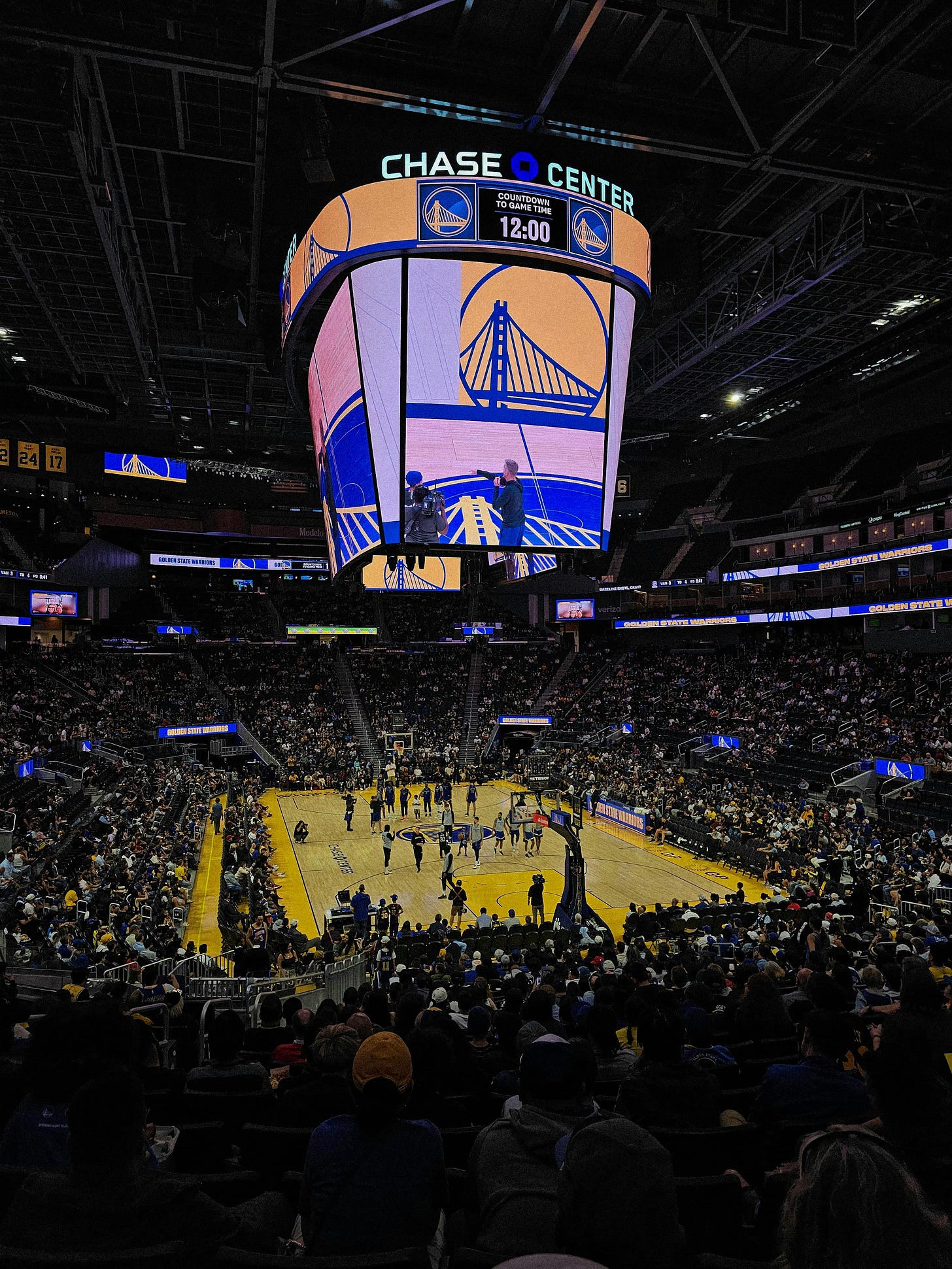The League Boom: NBA’s Europe Move and the New Golden Age of Private Sports IP
As the NBA eyes a new European league, investors, clubs, and federations brace for a reshaped basketball landscape
A new European basketball league is coming—and it’s backed by the NBA.
But this isn’t just an expansion story. It’s part of a much broader shift in global sport: the rapid rise of franchised, investor-built leagues, backed by media economics, institutional capital, and a generation of fans who may be more open to change legacy structures.
From LIV Golf to PFL, Major League Cricket to Formula E-style spinouts, the logic is the same: if you own the platform, you own the upside.
The NBA’s European league may be the most ambitious iteration yet—and its timing is no accident.
🏀 NBA’s Europe League: The Headline Play
The NBA, in partnership with FIBA, is preparing to launch a new 16-team professional basketball league in Europe by 2026.
Structure: 12 permanent franchises, 4 annual qualifiers
Format: 40-minute games (FIBA rules), not NBA’s 48
Participants: Early talks with Real Madrid, Barcelona, Fenerbahçe, ASVEL
Crossover Capital: Football giants like PSG and Manchester City have explored involvement
Valuations: Franchise prices reportedly starting at ~$500 million
Leadership Rumour: Strong market speculation that Pau Gasol is being considered as inaugural CEO—a move that would bring instant credibility and cultural resonance
But the biggest question mark? Which cities will be chosen.
Unlike traditional domestic leagues, this will be a franchise-first, market-driven model. That opens the door for non-traditional basketball cities—commercial hubs like London, Paris, Frankfurt, or Dubai—to be considered, even without strong local clubs. The priority will be media potential, sponsorship base, infrastructure, and fan conversion.
This isn’t just about where basketball has history—it’s about where it can scale.
🧩 The EuroLeague Context
The NBA’s move comes as EuroLeague Commercial Assets (ECA)—which runs both the EuroLeague and EuroCup—is actively exploring strategic investment.
In mid-2024, EuroLeague hired LionTree to advise on investment opportunities
By September, BC Partners had entered exclusive negotiations to acquire a minority stake, edging out interest from General Atlantic and Saudi-backed SURJ Sports
Deal discussions are rumoured to value the combined entity at ~€1 billion
EuroLeague CEO Paulius Motiejunas has acknowledged the NBA development, stating he is open to talks. The outcome could range from outright competition to strategic convergence—but either way, the market is moving.
🧐 And What About the BCL?
FIBA already has its own pan-European club competition: the Basketball Champions League (BCL). Founded in 2016 and backed by national federations, it sits below EuroLeague in quality and visibility—but was quietly growing, with external investment (from a US-group - GCBH LP) .
This makes the NBA-FIBA joint league all the more intriguing:
Will the BCL be absorbed, repositioned, or sidelined?
There has been no public statement on how the BCL fits into this new vision. With the BCL currently in its ninth season and continuing to operate, the lack of clarity only sharpens speculation about its long-term future.
🔍 Why the League Boom Is Happening Now
1. Content is King
Structured leagues = predictable rights, scalable storytelling, always-on digital content
2. Franchising is Capital-Friendly
No promotion/relegation. Predictable returns. Long-term equity upside.
3. The Platform Era
Fans follow players and highlights, not necessarily hometown teams. The right product can scale cross-border.
4. Institutional Capital Wants Sport
Funds, family offices, and sovereign wealth see leagues as long-term IP infrastructure plays.
✅ Pros of New Leagues
Clean Governance
Aligned Investor Models
Cross-Sport Synergies
Platform-Native Product Strategy
⚠️ Risks and Challenges
Oversaturation
Execution complexity
Calendar congestion
Legacy resistance—especially from federations and broadcasters
🧠 Berkida Take
The NBA’s European league project isn’t just a growth initiative—it’s an attempt to build the next great global sports platform from the ground up.
The Pau Gasol rumour signals smart intent: combine NBA commercial acumen with trusted local leadership. Meanwhile, EuroLeague’s process with BC Partners underlines that European basketball is ripe for transformation—with or without NBA involvement.
Much now hinges on who the founding franchises are, which cities are chosen, and how existing structures like the EuroLeague respond. Expect a mix of legacy clubs and fresh commercial bets. In a franchise model, cultural history matters—but global reach and sponsorship dollars may matter more.
What do you think?
Will this be a renaissance for European basketball—or a risky reformatting of the continent’s sporting hierarchy?
Comment below or drop us a note—we’re watching it closely.







